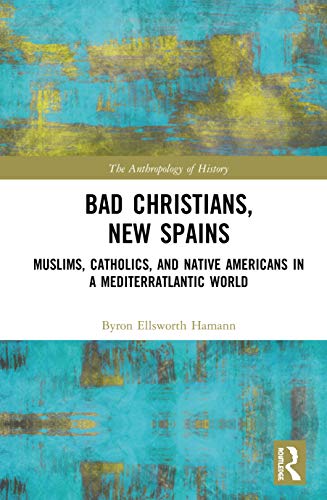

Most ebook files are in PDF format, so you can easily read them using various software such as Foxit Reader or directly on the Google Chrome browser.
Some ebook files are released by publishers in other formats such as .awz, .mobi, .epub, .fb2, etc. You may need to install specific software to read these formats on mobile/PC, such as Calibre.
Please read the tutorial at this link: https://ebookbell.com/faq
We offer FREE conversion to the popular formats you request; however, this may take some time. Therefore, right after payment, please email us, and we will try to provide the service as quickly as possible.
For some exceptional file formats or broken links (if any), please refrain from opening any disputes. Instead, email us first, and we will try to assist within a maximum of 6 hours.
EbookBell Team

4.8
14 reviewsAlthough separated by an ocean, the social worlds preserved in the inquisitorial files share many things. By comparing and contrasting the two inquisitions, Hamann reveals how very local practices and debates had long-distance parallels that reveal the larger entanglements of a transatlantic early modern world.
Through a dialogue of two microhistories, he presents a macrohistory of large-scale social transformation. We see how attempts in both places to turn old worlds into new ones were centered on struggles over materiality and temporality.
By paying close attention to theories (and practices) of reduction and conversion, Hamann suggests we can move beyond anachronistic models of social change as colonization and place questions of time and history at the center of our understandings of the sixteenth-century past.
The book is an intervention in major debates in both history and anthropology: about the writing of global histories, our conceptualizations of the colonial, the nature of religious and cultural change, and the roles of material things in social life and the imagination of time.